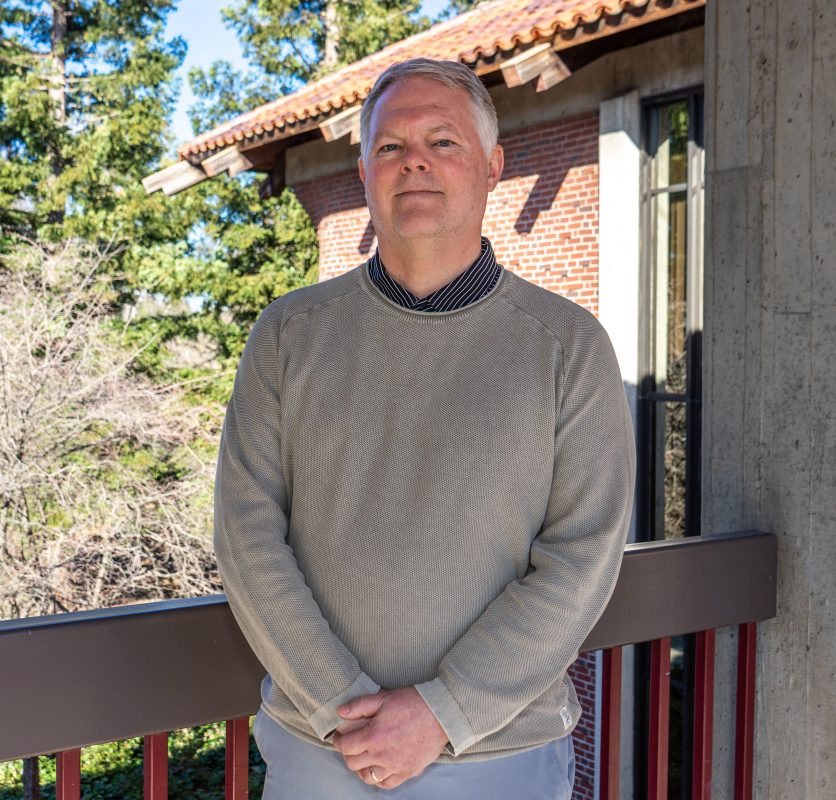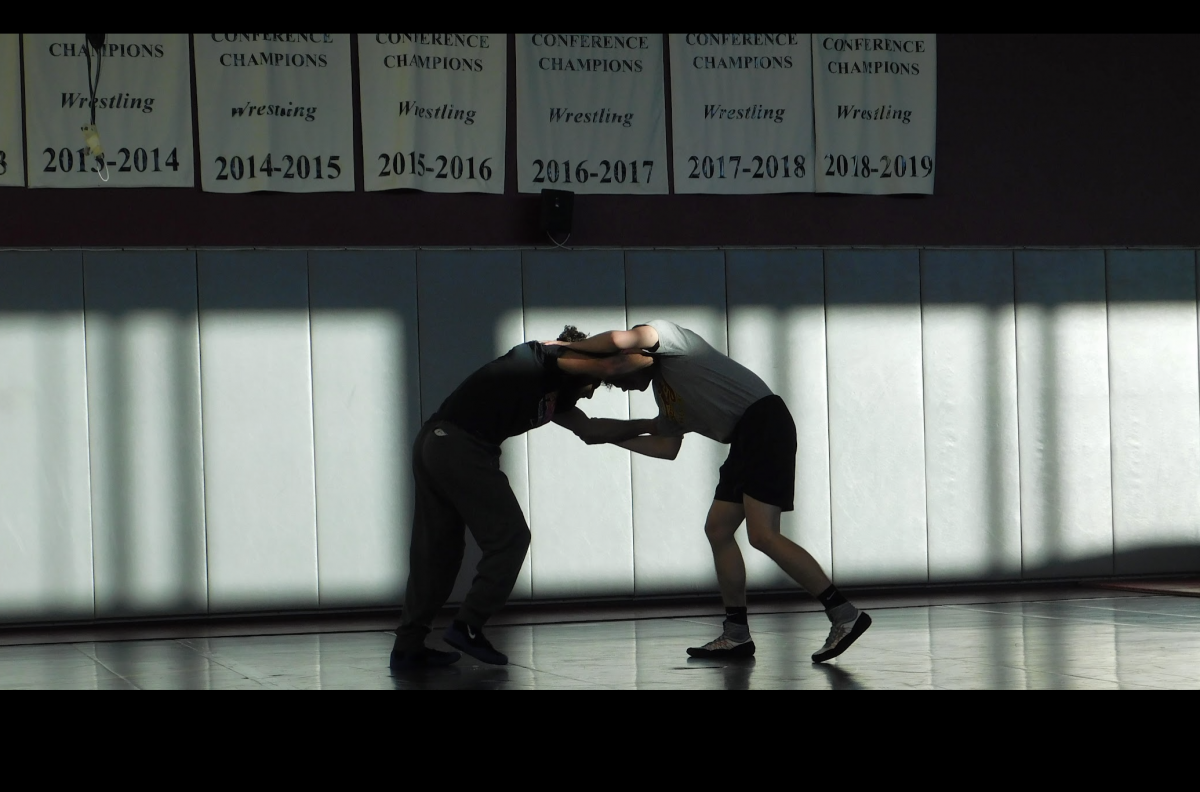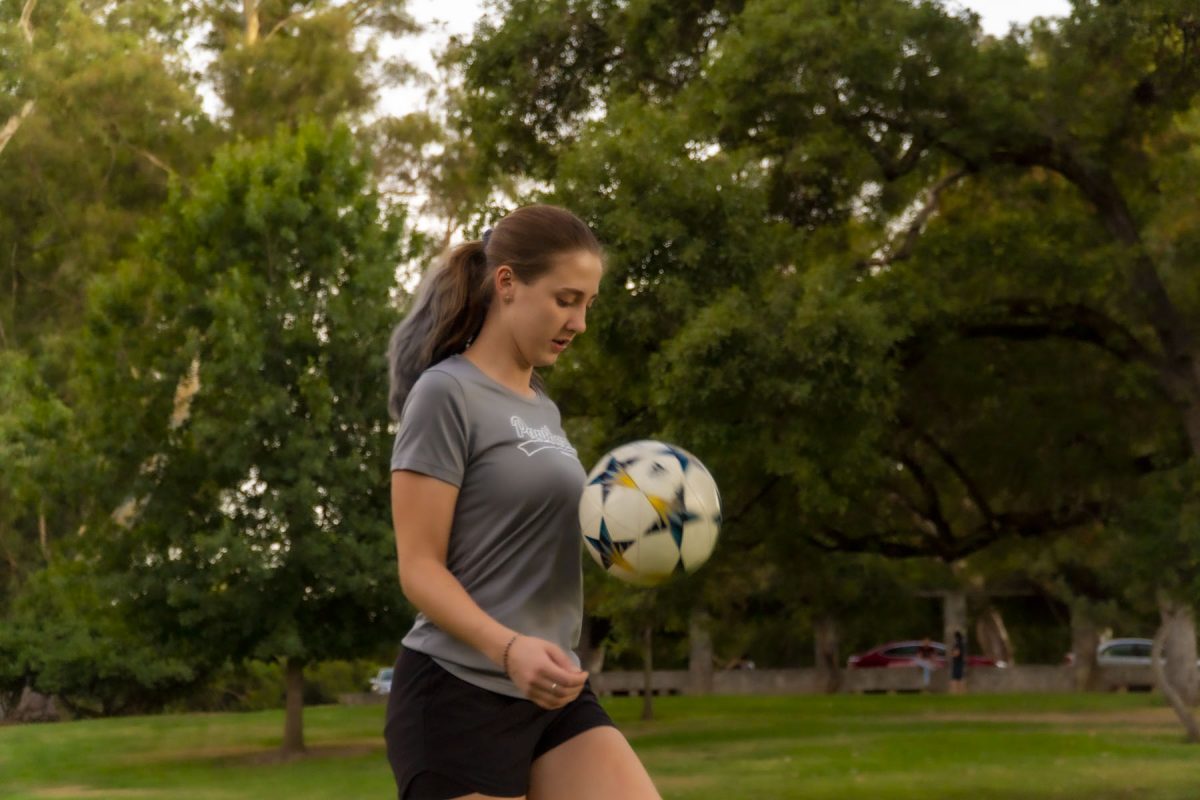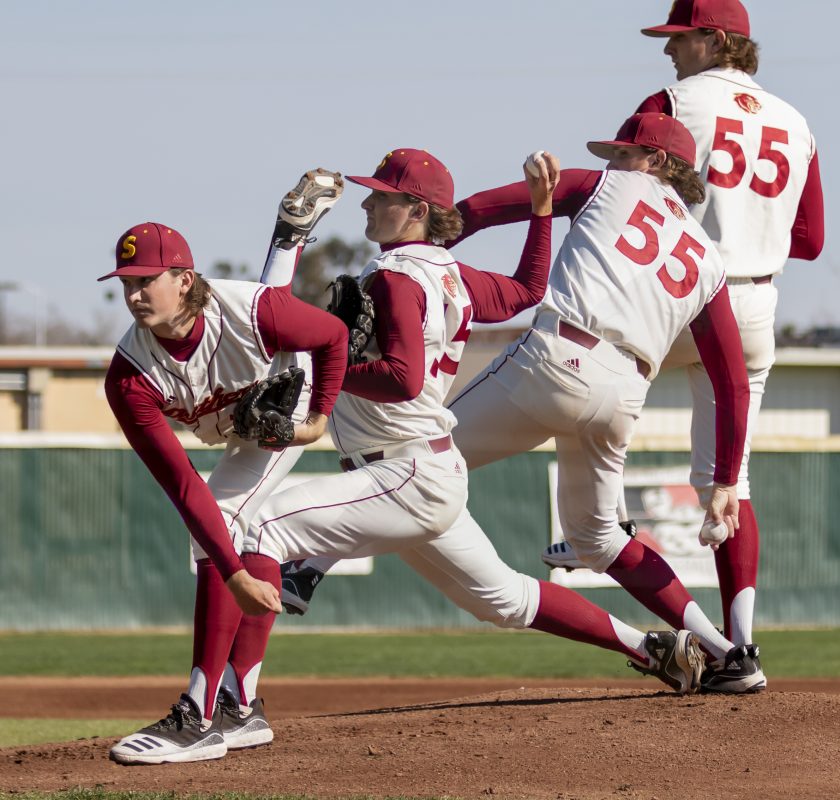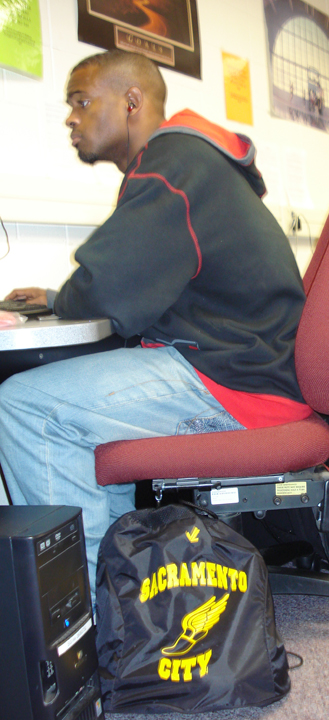
In the back corridors of City College’s South Gym, Room 144 is a place most students will never have to enter—unless they happen to be part of a college sports team.
Every student athlete is required to enroll in Academic Study Skills for Student Athletes, known as SPORTS 90—a study skills class that serves as a small-scale learning facility and provides resources such as tutoring, Internet and computer access, and for most students, a tranquil and orderly place to study.
Student athletes have a lot on their plates to begin with. Like other students, they struggle balancing and navigating the everyday realities of college life: homework, quizzes, midterms and studying.
But unlike other students, athletes also face rigorous daily rituals of practice and training. SPORTS 90 is a valuable resource for athletes trying to stabilize their arduous schedules.
Garrett Barnett, an outfielder on the City College baseball team, takes advantage of the services SPORTS 90 provides.
“We have tutors, [and] we can come in whenever we want,” Barnett says. “There’s really a lot of resources—a good way to study and get your homework done. So I think a lot of students take advantage of it.”
Coaches make up part of the SPORTS 90 faculty—and assist students by furnishing daily information on a variety of student topics, like financial aid and scholarship information.
According to physical education professor Deborah Blair, head coordinator for SPORTS 90 the staff responsibilities change daily.
“We teach, we tutor, and we also maintain order. Every day and every hour is different,” Blair says. “Sometimes it’s simply advice on what to do next.”
Scheduled tutors also aid students in subjects such as math and English.
Treshenia Solomon, a social science major and first-year basketball player concurs.
“It’s like a more concentrated environment. I can actually get work done amongst my peers instead of being amongst the whole school, and it’s not as crowded,” Solomon says.
Make no mistake: the center is not a hangout spot. If you want to Facebook or talk to friends—go somewhere else, says Solomon.
“There’s rules now against doing outside activities on the computers, so most of the time if you’re not studying the instructor will ask you to leave, or make sure you’re on task,” she says.
According to Blair, the program has been successful with substantial improvements in GPAs, units passed, and transfer rates, even with rising budget cuts to education.
“The main goal is to keep the student athletes on track, so that they can graduate on time and transfer to a four-year college,” Blair says. “We are incredibly proud to be the only community college in Northern California to have a comprehensive academic advising and student-athlete success program that has proven itself.”



























